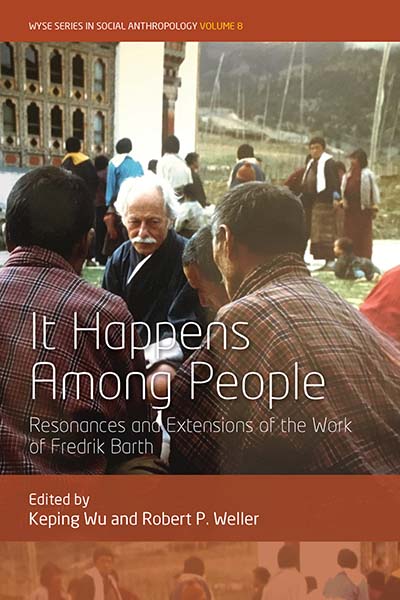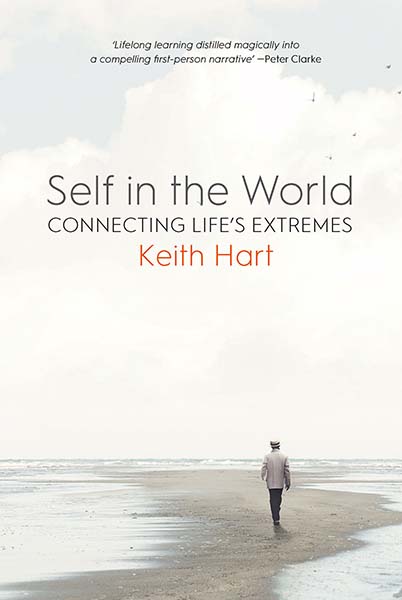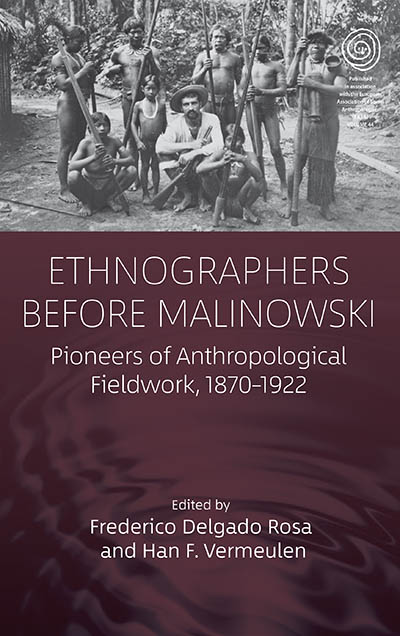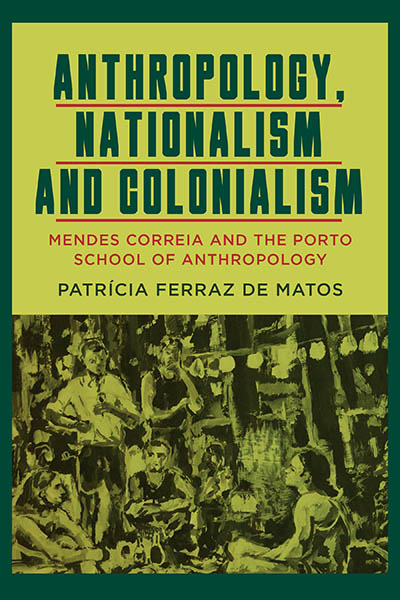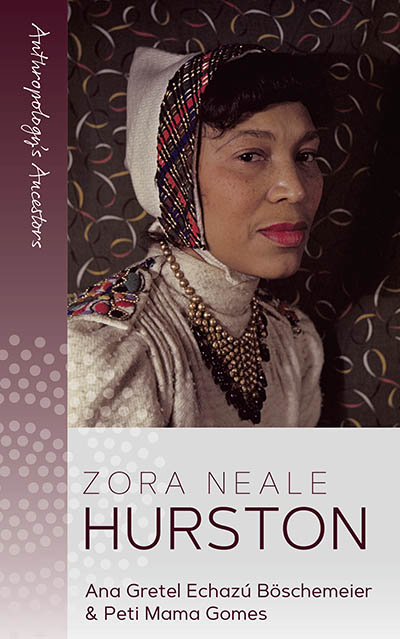
Series
Volume 9
Anthropology's Ancestors
See Related
Anthropology JournalsEmail Newsletters
Sign up for our email newsletters to get customized updates on new Berghahn publications.
Zora Neale Hurston
Ana Gretel Echazú Böschemeier and Peti Mama Gomes
Foreword by Kimberley D. McKinson
110 pages, 13 ills., pages, bibliog., index
ISBN 978-1-83695-348-7 $120.00/£92.00 / Hb / Not Yet Published (June 2026)
ISBN 978-1-83695-351-7 $19.95/£15.95 / Pb / Not Yet Published (June 2026)
eISBN 978-1-83695-349-4 eBook Not Yet Published
Reviews
“This book offers an insightful and innovative approach to Hurston’s oeuvre. By applying a transatlantic and decolonial reflexivity, it sheds new light on Hurston’s work through a Black feminist lens from the Global South.” • Gabriel Chagas, University of Miami
Description
Exploring Zora Neale Hurston’s life and work through a decolonial lens, this book traces Hurston’s journey from her early life (1891–1919) and struggles at the margins (1920–1930) to her peak as a pioneering ethnographer and writer (1931–1956) and her later years (1957–1960). Examining her navigation of a hostile academic environment, it highlights her redefinition of Black autonomy and diasporic identity. Through personal and political narratives, including Barracoon, it underscores Hurston’s enduring influence on Anthropology and contemporary Black thought.
Ana Gretel Echazú Böschemeier is an Assistant Professor at UFRN and as a scientific assessor at the Ministry of Racial Equality. She has received recognition from UNESCO-Untref and TWAS-UNESCO Fellowship. She has written, translated, and published numerous reviews, essays, scientific articles and poems in English, Spanish and Portuguese.
Peti Mama Gomes is an Assistant Professor at UFC-UNILAB. Her research focuses on political anthropology, gender, Diaspora, power, epistemologies, and human rights. She has worked as a TV journalist in Guinea-Bissau and is an active member of the International Network of African Women (RIMA-Unilab). She is currently collaborating on the University Community Project ‘Teia’ at UFPA, Brazil.

